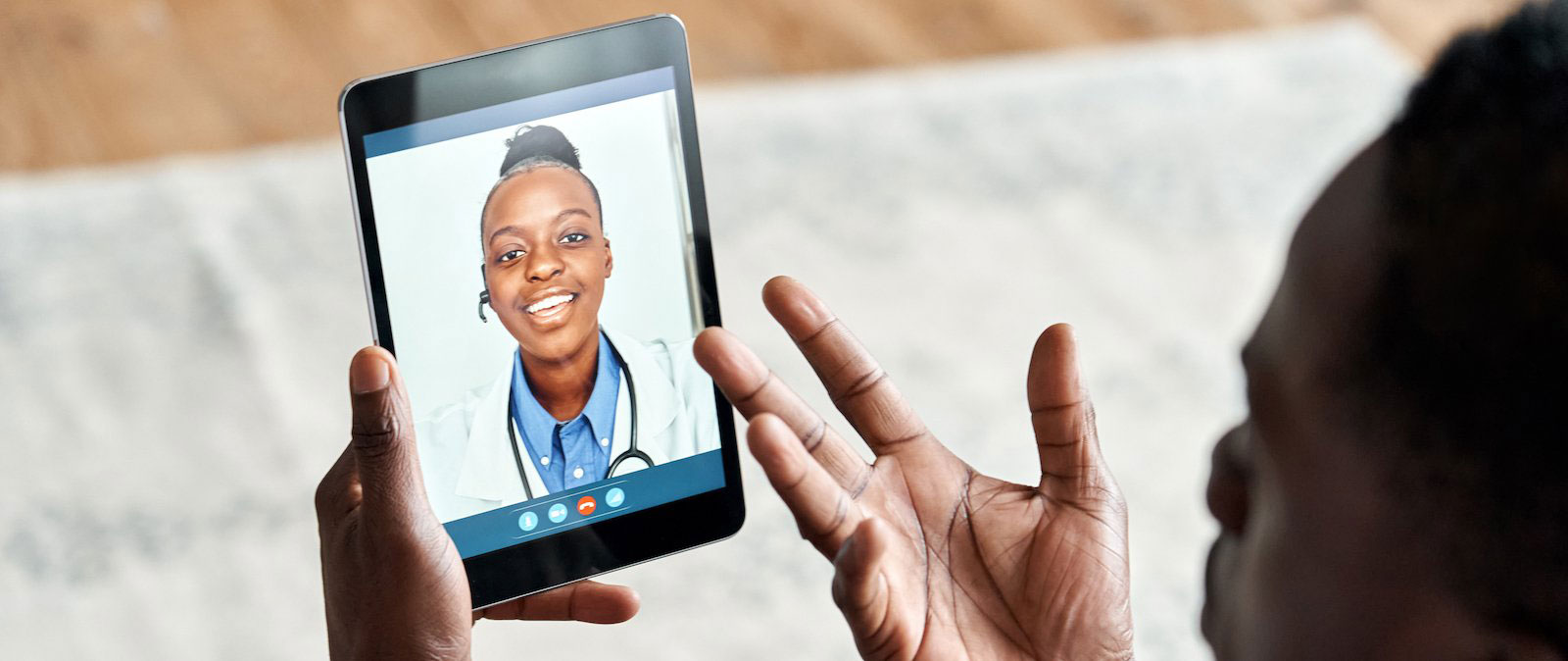
Under the direction of a physician, our skilled nurses work closely with patients and families to meet their physical, mental and emotional needs throughout Rhode Island. Nurses can:
For certain diagnoses, technology such as Remote Monitoring can monitor weight, blood pressure, pulse and oxygen levels on a daily basis, alerting the nurse for any needed intervention to prevent hospitalization.
VNA of Care New England
51 Health Lane
Warwick, RI 02886
P: (401) 737-6050
F: (401) 737-3084
E: info@vnacarenewengland.org
Nurses are available to come to your house throughout Rhode Island by appointment 24 hours a day, seven days a week.
The Home Health Aides are experienced, skilled, and compassionate. They provide personal care and emotional support for our patients which may include:
The home health aide may also help to educate and provide guidance for the family and other caregivers on how to provide care in-between visits.
In 2005 VNA of Care New England implemented Remote Monitoring. This technology allows patients with certain diagnosis to remain at home while seamlessly communicating information about their chronic conditions back to VNA of Care New England through their phone line.
Remote Monitoring is able to monitor weight, blood pressure, pulse and oxygenation on a daily basis, alerting the nurse for any needed intervention. By ensuring the VNA care team is aware of such vitals Remote Monitoring is able to enhance patient care and help prevent hospitalization.
Margaret Conley is a woman who was used to living independently until being hospitalized for a cardiac-related disease. Her hospitalization lasted five months, and when she was discharged, she needed visiting nurses to provide skilled nursing care in her home. Patient Stories - Remote Monitoring - Although a nurse went to her home twice a week to care for her and her sister lived in the same apartment building, Margaret was somewhat apprehensive about living alone. Her visiting nurse recognized that Margaret would be a perfect candidate for VNA of Care New England's Remote Monitoring program.
The Remote Monitoring program involves an in-home monitoring system that is supervised remotely by nurses at the VNA of Care New England's main offices. It supplements the nurse's visits to Margaret's home. This Remote Monitoring program is a level above other remote monitoring systems because it has an educational component that helps patients manage their disease and modify their behavior. Every morning Margaret uses a small electronic monitor to check her vital signs which are then transmitted to the main monitoring system. She also answers a series of questions relevant to her specific medical concerns. Nurses at VNA of Care New England then examine the vital signs readings and answers to the educational questions. The nurses are able to see certain subtle changes before they become real symptoms. They can also view a two-week memory which provides a history of the machine readings. These readings can be transmitted an emergency room in the event of an emergency and can come in handy when updating her doctor on her history.
In fact, the Remote Monitoring system worked very well for Margaret a few weeks after she was discharged from the hospital when she exhibited an episode of atrial fibrillation, or abnormally quick heartbeat. Nurses at VNA of Care New England were able to observe the abnormal heartbeat and worked with Margaret's doctor to adjust her medications and diet to keep her out of the hospital. "Now I know to watch for that," said Conley. "Before, the whole thing was new to me." The Remote Monitoring systems can be used for patients with a wide variety of health concerns, from cardiac-related problems to chronic obstructive pulmonary disease to diabetes, and, in the future, mental health disease. Remote Monitoring machines can be personalized and come with provisions for the hearing impaired as well as Spanish-speaking patients.
Copyright © 2026 Care New England Health System